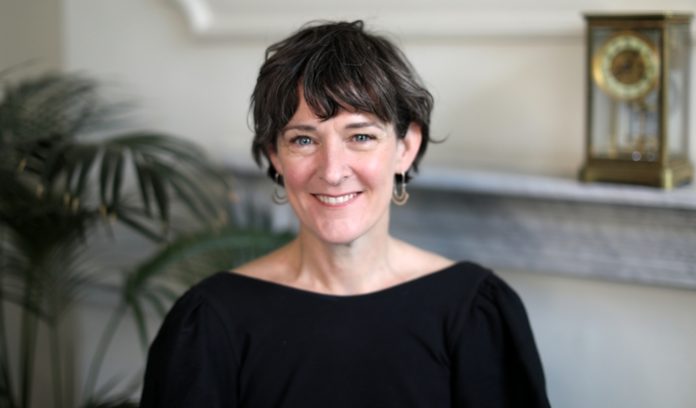In a case that might have been written by John Mortimer, the genius creator of Rumpole, a parrot and a parakeet elevated the sometimes arcane world of contentious probate out of the courtroom and onto the pages of the popular national dailies recently, writes Rachel Waller, a Partner and a member of solicitor Bishop & Sewell’s Litigation & Dispute Resolution department.
You can catch up on the tabloids’ preoccupation with the colourful background of the defendant and his step siblings directly, here in the Daily Express or the Daily Mail. What makes the case interesting from a contentious probate perspective is the importance of having concrete evidence obtained from the will writer in order to assess the merits of the case. Obtaining evidence at an early stage in order to assess the merits was vital to the judgment.
A husband and wife, Reginald and Maureen, had previously made mirror wills in 2017 splitting all their wealth four ways between his three children from an earlier marriage and Maureen’s only son, Brett.
A mirror will simply reflect the contents of the other, whilst in effect being standalone documents that either party could change independently at any time. However, these can be confused with mutual wills, which establish a legally binding agreement between two people that cannot be reversed without the prior consent of the co-signatories.
The Central London County Court learned that the couple’s home, in which Brett, not having any family or other property of his own, still lives, formed the bulk of the estate.
Reginald’s wealth passed to his wife on his death, but just 11 days before she herself died Maureen changed her will, leaving the home, and the care of her parrot and parakeet, to Brett.
Guy Holland, for the step-siblings, argued that the 2017 wills were “mutual in nature, with Reginald and Maureen expressly agreeing that neither would revoke or alter the terms of the wills made”.
“It is apparent and should be inferred from the facts of this case that there was a contractual arrangement, whether express or implied, between Reginald and Maureen to the effect that neither would later change their will without informing the other or following the death of the other,” he added.
However, ruling on the case, the judge set out his view of the “reasons why Maureen would have wanted to leave the entirety of her and Reginald’s estate to him, and why she would not have agreed not to change her will.”
Having considered the evidence, he concluded that the solicitor who helped Reginald and his wife draw up the mirror wills in 2017, “told Reginald that there was no guarantee, even if he and his wife were making mirror wills, that Maureen would not change her will and leave the entire estate to Brett.
“Reginald explained that he trusted his wife implicitly and there was no way she would do this,” he said.
“The specific issue of mutual wills was not discussed.
“Reginald and Maureen both made the 2017 wills on the basis of their trust in one another, and, as [the solicitor’s] evidence showed, they did not contemplate a situation where either would wish to change them.
“In my judgment, therefore, there was no legally binding agreement between Maureen and Reginald that they would not revoke or change the 2017 wills without the consent of the other.
“Maureen may have been morally bound, but she was not legally bound.”
“Maureen was therefore legally entitled to change her will and make the 2019 will leaving her estate to Brett,” the judge concluded.
Rachel Waller is a Partner in Bishop and Sewell’s Litigation & Dispute Resolution team. Should you require any further advice or assistance, please contact her quoting reference CB341 on 020 7091 2706 or email: company@bishopandsewell.co.uk
About Bishop & Sewell LLP
Bishop & Sewell is a long-established, full service Central London law firm – with an international reach – specialising in Personal, Property and Commercial legal matters. To learn more, visit www.bishopandsewell.co.uk



















